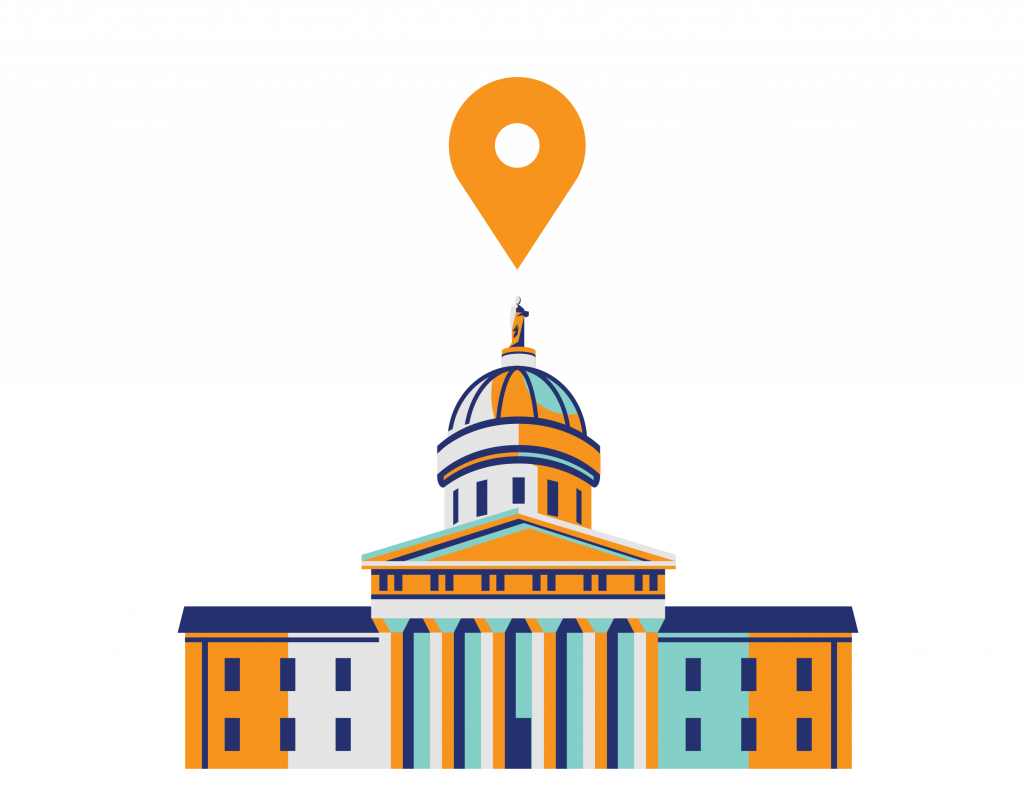Expand ability to start home-based businesses

Home-based businesses have been around for centuries. They cost less to start up, they create jobs that otherwise might not exist, and the fact that so many people are successfully working from home during this pandemic shows that home occupations are safe—and necessary.
Anyone who has taken a piano lesson in their teacher’s house or sent their child to daycare in a neighbor’s home has been a client in a home-based business.
The disruptive events of 2020 have forced a wide swath of the American workforce to work from home. Some telework makes sense to do from home. The percentage of Americans who commute to an office may never return to pre-COVID levels. Others may need to transition their business to be based entirely out of the home, or may want to start a new venture.
But today’s zoning laws were created for a world before computers and the internet, and they have not been updated to reflect the modern economy. Zoning was created in the 1920s to segregate noxious industrial uses out of residential districts, and over time, outgrew common sense and became a mechanism for enforcing midcentury design preferences, even at the expense of privacy and property rights in the home. Today, too many home occupation ordinances impose archaic restrictions on home-based client visits, floor space limitations, and other in-home matters that are none of the government’s business. Zoning ordinances should regulate neighborhood effects, not private conduct.
IJ’s Home-Based Business and Occupation Act brings home occupation ordinances into the twenty-first century by modifying the zoning enabling act at the state level. The model makes minimal changes to zoning law while clarifying that home occupations, so long as they do not disturb the neighborhood, are presumptively legal.
Get Started Today.
Please fill out this form and an IJ staff member will reach out to you shortly.
